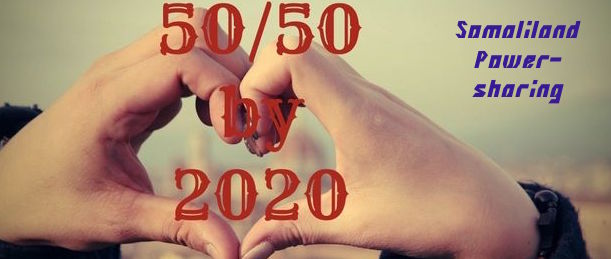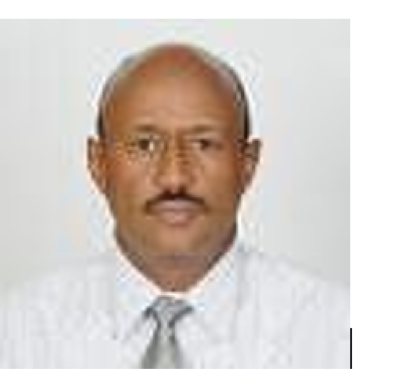The 50-50 Power-sharing of Parliament Seats as proposed by Awdal Community is nonstarter – More balanced and just sharing could be achieved via equal sharing of the Guurti seats (Senate).
Last week, group of politicians, scholars and youth from Somaliland’s western city of Borama were adamant that Somaliland power-sharing should be based on tribal sharing mechanism.
They referred to several occasions in the modern history of Somaliland starting from the Independence of 1960. They contended that in 1960 Somaliland’s first cabinet of 4 minsters was made up of 2 ministers from the Central Tribes and 2 from the Easter and Western Regions.
In addition, the speakers also stated that the Declaration of Reclamation of Independence of 1991 explicitly stated that Somaliland tribes should share power based on 50-50 formula.
Consequently, speaker after speaker of the Borama gathering underscored that Awdal region will not participate in the upcoming elections unless the above-mentioned power sharing 50-50 formula has been put in place.
Now! let us play the numbers, and try to put this proposition into a meaningful analysis:
- The Somaliland Parliament consists of 82 members. Our brothers in Borama suggested 50-50 sharing of the seats. This means the following:
- West and East will have 50% of the seats or 42 seats, while the Central tribes will assume 42 seats.
- Awdal Region alone will be given 82/2/2 or 20 seats – at least, in light of over-optimistic expectations of the Borama guys.
- At present, Awdal Region has 13 seats in Parliament.
- The number of registered voters of Awdal is at 102, 573.
- This means a Member of Parliament from Awdal will be elected at ratio of average 7,890 voters per seat.
- If the number of seats of Awdal is increased (as proposed) to 20, the region will be given an addition 7 seats.
- As a result, in the Awdal Region, the voter to seat ratio will further drop to 5,129. Please refer to the table below.
- Comparatively, in Maroodi-Jeeh which is the largest region by population, the total number of registered voters is 249,229 and they have 20 seats in parliament. That means the PMs of Maroodi-Jeeh are elected at an average 12,461 voters to each seat.
In short, if the proposed increase is implemented, Awdal MPs will qualify at an average 5,129 voters, whereas Maroodi-Jeeh MPs will have to collected 12, 461 average voters
This makes the proposal made by Borama gentlemen unacceptable and a recipe for injustice by any started
Even of Awdal is given only 50% or only 3 of the extra seats that they have requested for, the MPs of that region will need only 6,411 voters to qualify, which is too low compared to 12,462 voters required in Maroodi-Jeeh.
The Guurti Is the Answer
In order to address the grievances of the Awdal and the Easter regions, Somaliland should adopt equal regional seats in The Guurti (senate), the same as the Americans. In the United States, California which has a population of 40 million people and Delaware which hardly accommodates one million have each 2 seats in the US Senate. This is made to give due voice to less populous states.
By the same token, the 6 regions of Somaliland should be given equal number of seats in The Guurti or Senate. Comparatively, the House of Representatives should continue to be based, generally, on the number of registered voters etc.
However, the Guurti or Senate should be given almost equal powers as that of the House. In Particular, the Guurti should have the right to initiate motions and bills from scratch. The Guurti also should play a leading role in the budget discussions etc.
The following table illustrates that. if equal sharing of Guurti is adopted, the smaller regions will have equal say in the nation’s politics.
This will also do away with the notion that areas with higher population are dictating national policy without any regard for the minorities.
Finally, this will also eliminate the argument of our Awdal brothers that the Issaq communities are dominating political life in Somaliland since equal power-sharing in the Guurti will give the less populated regions more power to enact laws and /or block bills.
By Hassan Abdi Yousuf
Retired Senior Banker & Geopolitical Analyst
Hargeisa, Somaliland





























